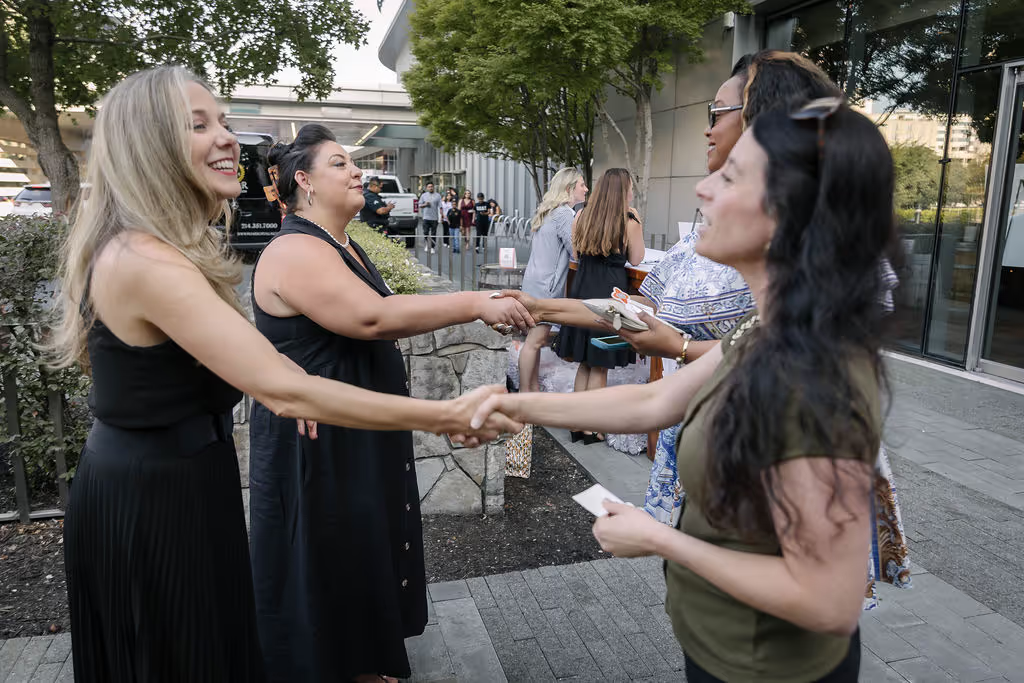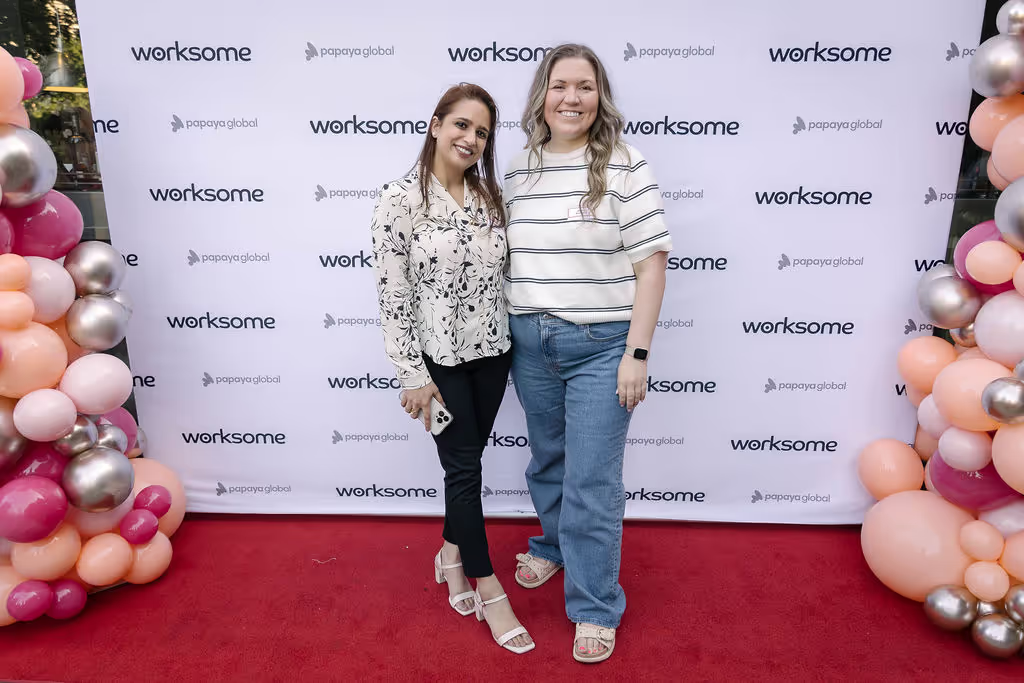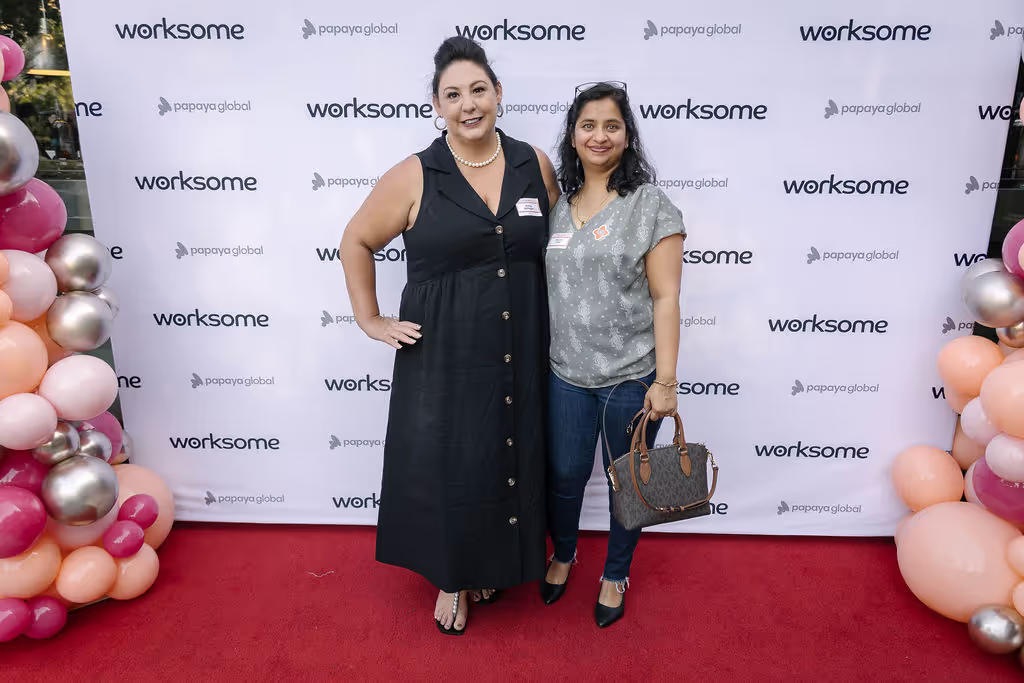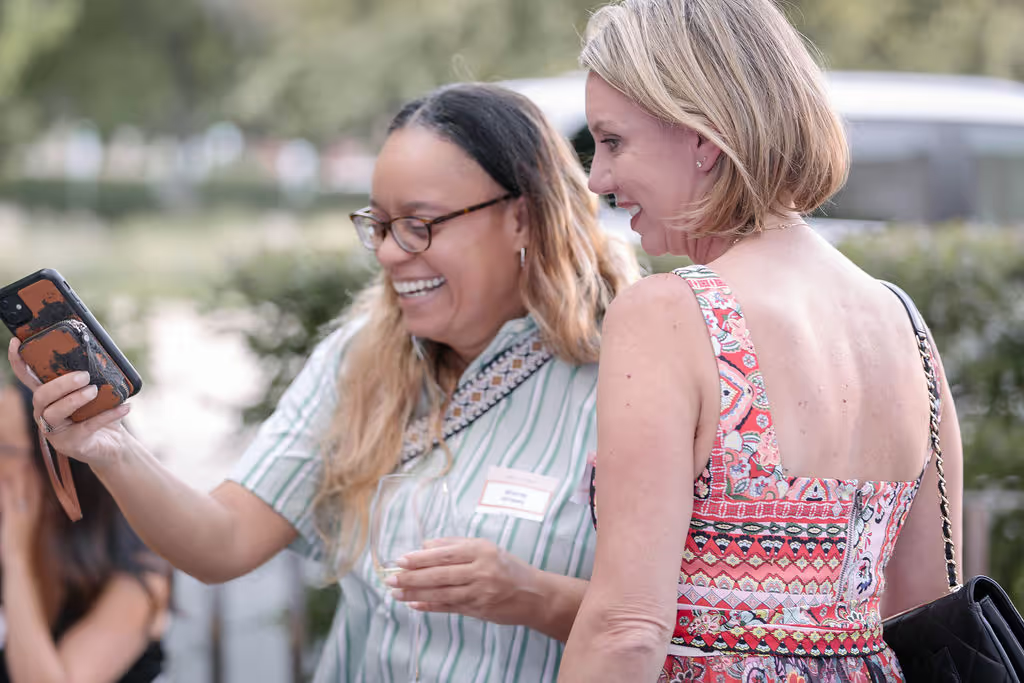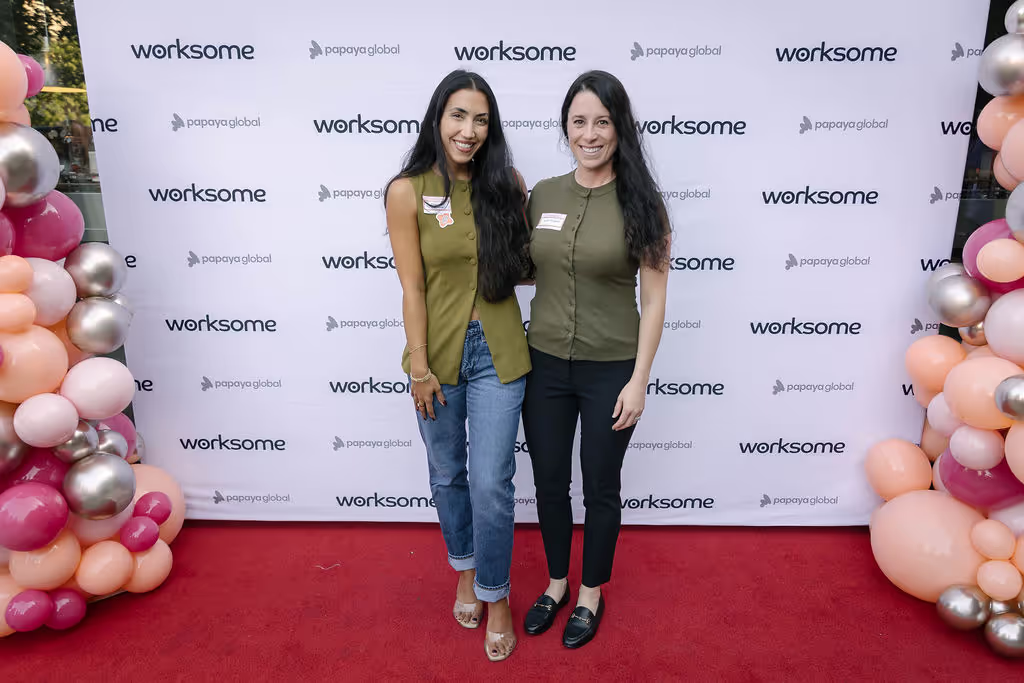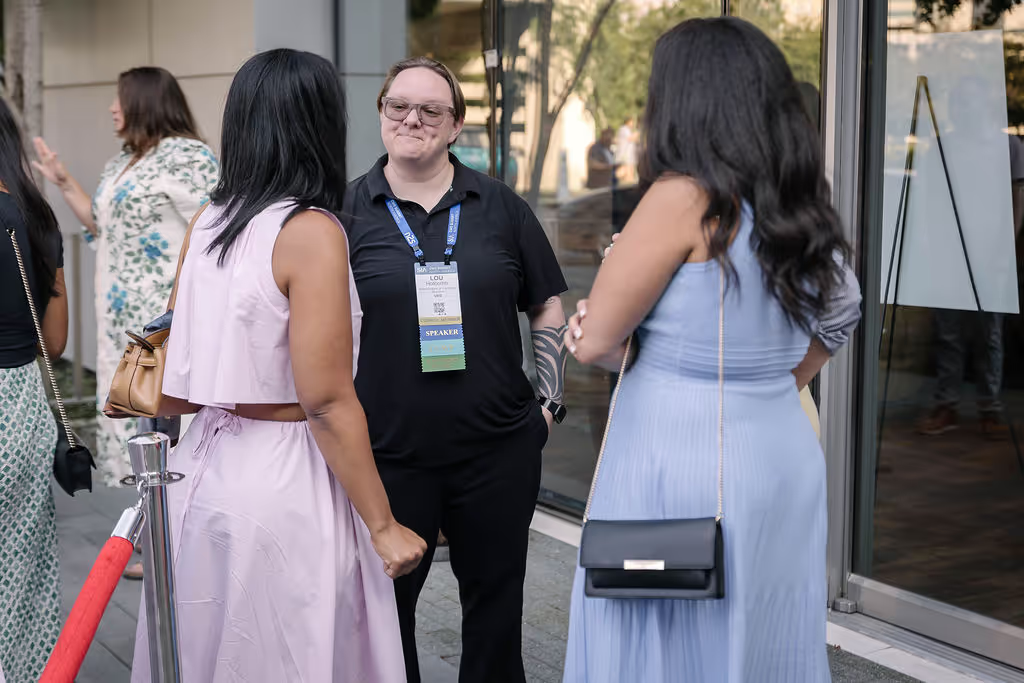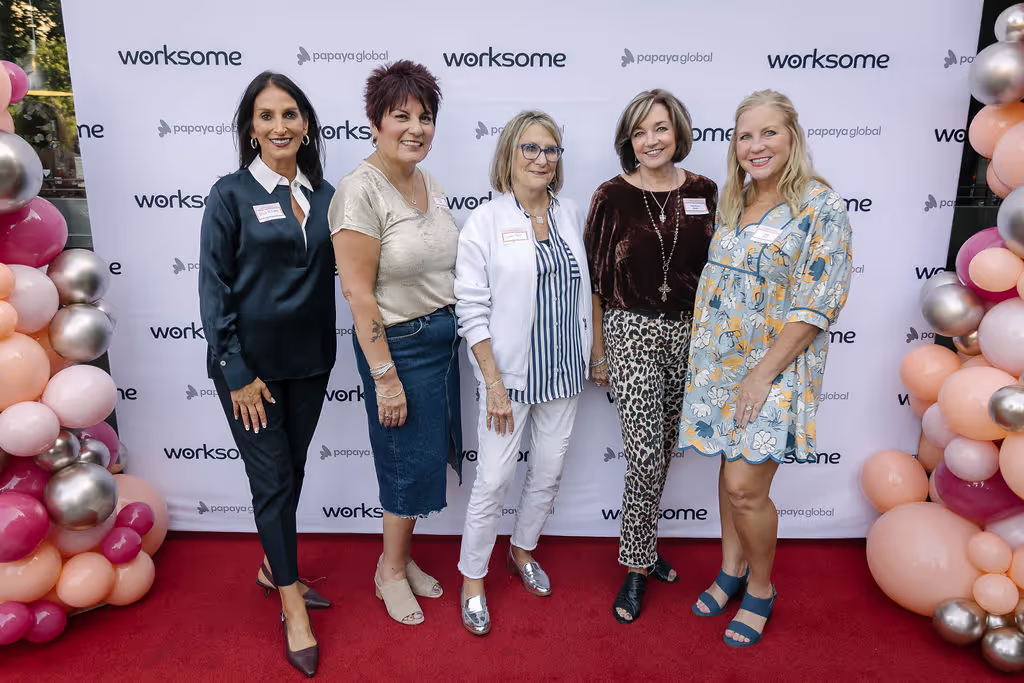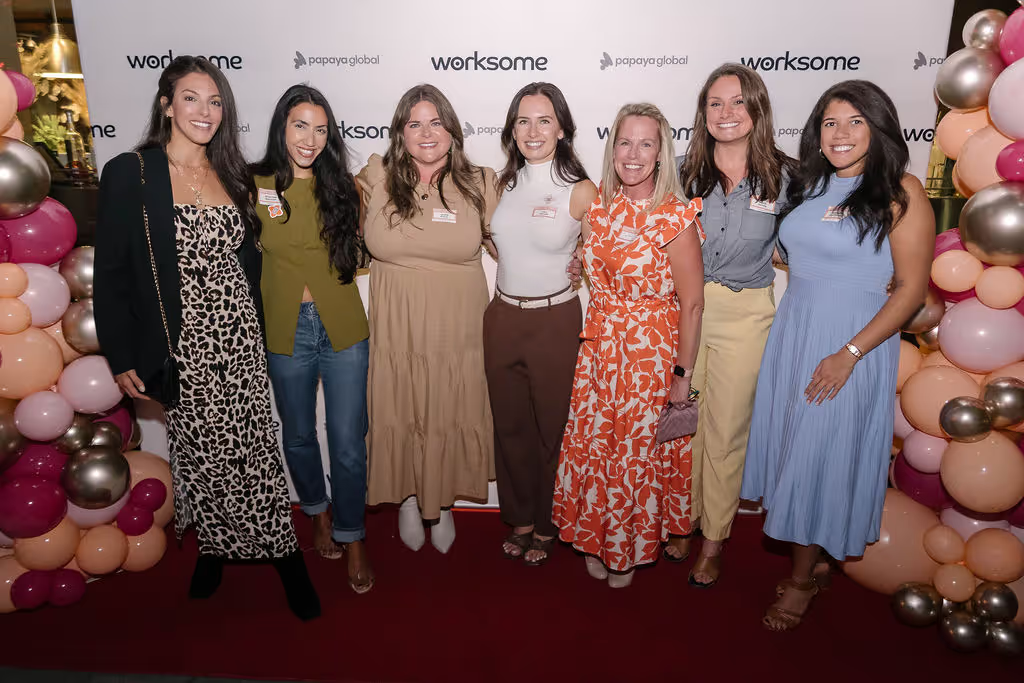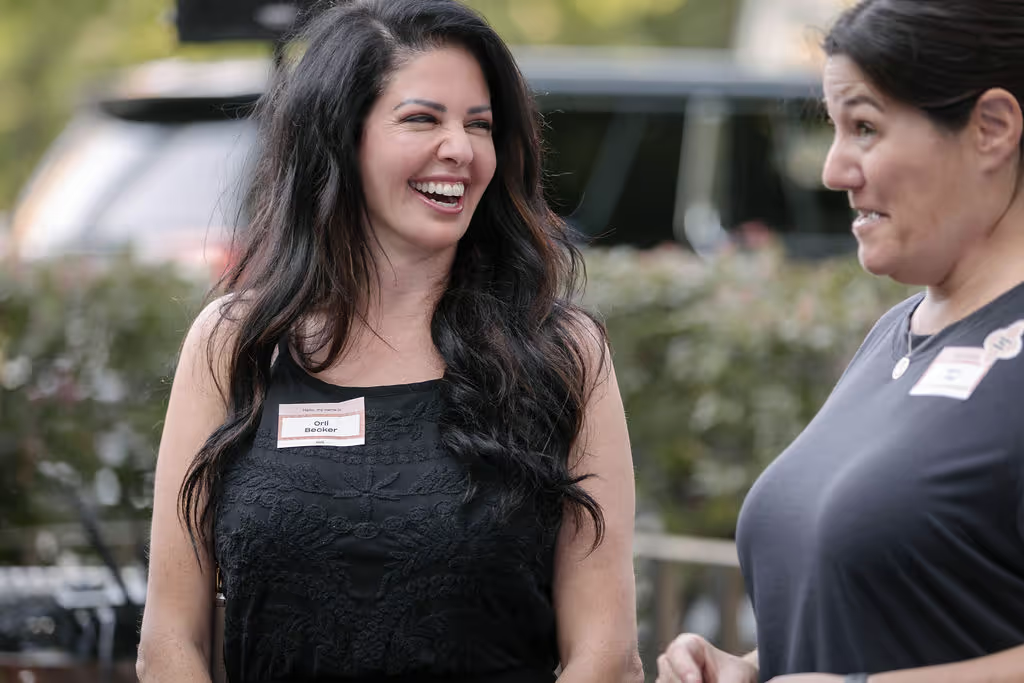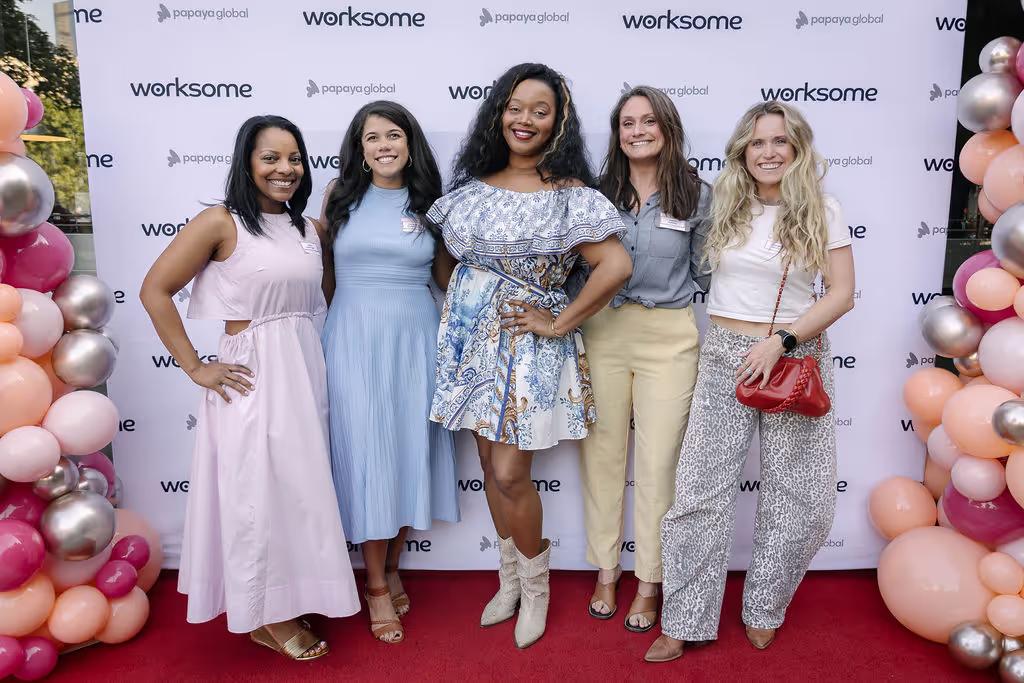What are the greatest lessons in life as a freelancer? Becoming a high-end freelancer holds the potential for unparalleled flexibility and freedom, but the journey can often be challenging. One of our favorite writers on the topic is Andy Adams, who - through his blog - shares an insider's perspective on freelancing.
Andy Adams is not only a top software consultant, but also a brilliant communicator, so we sat down with him to hear his lessons from more than 7 years of freelancing.

Lesson #1: Realizing the potential of freelancing
It's tempting to think that becoming a freelancer takes a decisive mind and a deliberate decision to take a different path. But for Andy, this wasn't the case at all. "I actually started as a normal software developer in a normal company. To be honest, I hadn't even thought about freelancing until another company approached me with a short term software development project they needed help for."
"I didn't know about freelancing until the moment I started doing it myself".
Andy sees this as a general problem where most people don't think about freelancing as a viable career path. "Realizing that freelancing could be an actual alternative to a normal job changed my mind completely". However, the first project was far from a smashing triumph: "I pretty much bungle up the first project. I totally underestimated the money I needed to get by!"
Rather than being a smooth road to success, Andy characterizes his career as a series of epiphanies leading to a step-change in his progression every two or three years. "It often arises almost as a necessity, where I just realize 'hey, if I want more time with my kids, travel more, live differently, etc. I need to change my approach'"
Lesson #2: If you don't ask, you don't get
Andy's story is interesting not because it is a smooth road, but because it is not a smooth road. The challenges Andy has faced during his years of freelancing gives him a unique perspective on the challenges most freelancers face during their career."
The first challenge is obviously how to get clients. I started freelancing before marketplaces were as huge as they are today. However, most high-end freelance jobs can be difficult to find on the largest marketplace platforms, which attracts a broad range of freelancers from all over the world who mainly compete on price."
One thing is getting clients, but many freelancers also struggle with selling themselves short. "The main challenge, which really has defined my success, is the internal battle of seeing what software developers make at big companies compared to what I make as a freelancer." The tempting feeling of trading life as a freelancer with a more stable life in a big company led to one of Andy's epiphanies: “I basically told myself that I should just charge enough in order for it to make sense to me. And for the next job, I just bumped up my salary to the same level as I could get at Google - and it worked!"
This is a central problem for many freelancers, who find themselves as victims of imposter syndrome: "A lot of people don’t feel comfortable charging more than 100 dollars an hour, so they never ask and never see what’s possible. What is the trick then? Just ask! This was a real lightbulb moment for me.'' It is easy to mistake this as confidence, but Andy has a different perspective: "I don’t see myself as a confident person at all. I still get nervous when sending a high bid, but I do it out of pure necessity. Most freelance developers can easily get a full-time position if they want. So if I’m not getting the equivalent of a full-time salary, then why should I not opt for that stability instead?"
Lesson #3: Freelancing will make you a better employee
When we asked our user base of thousands of freelancers, more than 50% answered that freedom and flexibility were the main reason for them to become freelancers. Andy agrees that this is one of the biggest perks of freelancing, but he also thinks freelancing adds a range of unique skills.
Even if you choose to go back to a normal job, a few years of freelancing will essentially make you a better employee: "The whole notion of being acutely aware that each hour you spent will cost the employer X dollars is a game changer. Before, I never once thought about what projects costs, but as a freelancer your employer is now your client. This forces you to focus on generating real business outcomes for your client at high efficiency."
The same goes for developing specialist skills and a deeper knowledge: "At large corporations, I tend to see developers get to be more generalists as they find it exciting to try out new technologies and broaden their scope. But as a freelancer, there’s a huge upside in developing specialist skills and become an expert within a given field. This deep knowledge is absolutely key in order to successfully deliver on projects."
3 tips for companies
It takes two to freelance, and just as freelancers are eager to learn how to become successful, we at Worksome are also seeing how companies want to become better at working with freelancers. We asked Andy for his top three advice:
1. Show freelancers the direction, not the destination.
When working with freelancers of high quality, don’t pinpoint the solution for them as their expertise could bring better alternative solutions to the table.
2. State the budget up front
Having full transparency at the beginning ensures a constructive dialogue and helps the freelancer to understand the scope of the project.
3. You get what you pay for
High-end consultants are brought on for crucial projects where outside help is needed for a limited timeframe, so can you really afford cheapness?
If you want to learn more about Andy Adams or would like to work with him, you can check out his profile on worksome here. Also, make sure to read his latest blog post!






